
Brian's Run Pod
Welcome to Brian's Run Pod, the podcast where we lace up our running shoes and explore the exhilarating world of running. Whether you're a seasoned marathoner, a casual jogger, or just thinking about taking your first stride, this podcast is your ultimate companion on your running journey.
Join us as we dive deep into the sport of running, covering everything from training tips and race strategies to personal stories and inspiring interviews with runners from all walks of life. Whether you're looking to improve your race times, stay motivated, or simply enjoy the therapeutic rhythm of running, Brian's Run Pod has something for every runner.
Brian's Run Pod
Beyond the Stride: Sophie and Lydia's Running Journey
Sophie and Lydia from the Strong Stride podcast join Brian to discuss their journey from high school acquaintances to podcast partners. These two running powerhouses share insights on how they met, their experiences growing up active in Australia, and what inspired them to start a podcast that explores running, motivation, women's health, and strength training.
• Sophie and Lydia met at high school but became friends after running a 6K community race together following their final maths exam
• Both grew up in active Australian households with strong sporting influences
• Lydia's multiple injuries in youth led her to study physiotherapy to help injured runners
• The podcast began while working at a running shoes store, sparked by conversations with customers
• Their most popular episode features "Aidan the dietitian" - nutrition content resonates strongly with runners
• For beginner runners: avoid doing too much too soon and focus on consistency over intensity
• Strength training provides a crucial buffer that helps the body handle the stress of running
• Injuries affect mental health significantly, especially when they impact daily activities beyond running
• Having multiple activities and identities helps runners cope when they can't run due to injury
Listen to the Strong Stride podcast for science-based discussions on all aspects of running and follow Sophie and Lydia for practical advice on building sustainable running habits.
Brian's Run Pod has become interactive with the audience. If you look at the top of the Episode description tap on "Send us a Text Message". You can tell me what you think of the episode or alternatively what you would like covered. If your lucky I might even read them out on the podcast.
Instagram
Welcome back to Brian's Rompod Now. Before I start the pod, I just wanted to say that I thoroughly enjoyed talking to Sophie and Lydia, the host of the Stronger Stride podcast. Now what I've done this time is I just split the interview into three 20-minute chunks. We talked injury, various forms of training and why they started the podcast. I really do hope you enjoy these episodes as much as I did. So you're thinking about running, but not sure how to take the first step.
Speaker 1:My name is Brian Patterson and I'm here to help back to Brian's Run Pod, your weekly source for all things running and community and a little bit of inspiration to get your feet moving, your heart pumping. To get your feet moving, your heart pumping. I'm your host, brian Patterson, and today I've got a really fun one lined up for you. Join me on the pod, our two absolute powerhouses in the running podcast world Sophie and Lydia, the dynamic duo between the Strong Stride podcast.
Speaker 1:Now, if you haven't checked out their show, go and have a listen, but don't do it just yet. Listen to this one first. These two dive deep into not just running but mindset, motivation, women's health, strength, training and, honestly, life in general. Sophie brings her background into coaching and performance, and Lydia adds in her rock-solid insight into mental strength and resilience. Together they're a force. They're real, relatable, and they're on a mission to help runners find their own strong stride physical, mental and emotional. We talk about how their podcast got started and what strong means to each of them, and we get into some great conversation about burnout, balance and showing them when it's hard. So lace up, hit, play and let's get into it. You've got an audience in the back.
Speaker 2:Amazing. How are you? You doing? Both of you, we're really good. Thank you, brian. So nice to be here and love the intro. I think we need to work on our professional, professional intro there. That was very good and you've got a very soothing tone to listen to, so I'm excited to chat to you today. Yeah, thank you so much for having us on.
Speaker 1:Yeah, are you good to do it? I?
Speaker 3:feel like my ego feels very inflated right now. That was such a winning introduction. I'm like, yeah, thank you. So I feel great. I feel like this episode has been a success already, so I really need to chat.
Speaker 1:Yeah, I mean, the thing I love about your podcast, first of all before we get into it, is I do love your energy and how you kind of bounce off each other and that kind of thing. You know because I was listening to your cadence podcast and it's something that I think maybe we can talk about later. It's kind of like a bit of a one of a gray area subject that people not sure is it good, is it not, or that kind of thing. So yeah, but I wanted to ask you first, lydia, when you were growing up in high school in Australia first of all, I'd say you know both of you are in Australia what was your experience of exercise? Were you always, like 100% of Australians, always outdoors enjoying exercise, or were you a bit of a bookworm?
Speaker 3:Yeah, I mean, I think there's definitely a strong stereotype of Australians being pretty fit and active and I think, for the most part, I feel like that is very true and I feel very blessed to have had a lot of positive role models around me when it comes to sport and exercise and I think, yeah, growing up, I was really encouraged to be outdoors, be active, participate in anything. I could always give things a go and I started running quite young, with my dad and my brother, actually, I think when I was like six or seven, maybe something like that um, and really just loved it.
Speaker 3:But I also did ballet, I did a tiny bit of gymnastics before school and I honestly just did every sport that I could, mostly in primary school yeah but by the time I got to high school I actually had so many injuries that I became converted to a bookworm because I really could hardly partake in much sport from all these injuries I had, which kind of led me to the path where I am today of studying physiotherapy and treating injured athletes recreational runners and, I guess, feeling quite strongly and passionate about helping people access the things they love, because I think I felt like so much of my high school experience and my youth was not doing the things that I actually wanted to do yeah, yeah, sophie, was that the sort of the same path for you?
Speaker 1:I mean, were your family quite sort of I don't know, into the exercise and influenced you? Yeah, yeah, not quite the same in terms of the extent of my injuries, luckily for me.
Speaker 2:But, um, yeah, very similar in the quite the same in terms of the extent of my injuries, luckily for me. But yeah, very similar in the sense that sport was a big part of my life and my family.
Speaker 2:We lived in England when I was three and then my family decided that to get a kind of more active, outdoorsy, sunny lifestyle, we headed back to Australia and so, yeah, I played most sports growing up through school. There was a TV show I don't know if you had it when you were growing up, but called Lazy Town, and on that show was a guy called Sportacus and he was coming to save all these people from being lazy and he would encourage them to be on the side.
Speaker 3:He was quite a muscular guy. That's who I wanted to be.
Speaker 1:He was very muscular. Yeah, that's right. Blue bodysuit tight, Body suit tight yeah, A good look, yeah, so that's who I aspired to be.
Speaker 2:So I wanted to be sportacus. So I would run around the house pretending to take over the world with exercise. So yeah, and then the running kind of came a little bit later for me.
Speaker 1:Yeah.
Speaker 2:Wasn't he Icelandic, or something?
Speaker 1:Or he was Scandinavian or something like that.
Speaker 2:Yeah, that was some interesting accent yeah.
Speaker 1:Yeah, yeah, I quite embodied that, just to put it on it. So okay, so moving swiftly on, so kind of exercise was you know there growing up? But I mean, how did you two get sort of get together? Did you go meet through university or did you, you know, meet through friends or something like that?
Speaker 2:Great question. We went to high school together, Ah right. From the age of about 11 or 12. We knew each other at school. We were in the same year at school, but we didn't become friends until after school.
Speaker 3:Lids, if you want to tell Brian about our big moment that we had, yeah, I mean, we definitely were friendly at school, but it wasn't until it was literally the last day, or like one of the last days, of our final end of school exams, our maths exam specifically.
Speaker 2:Yeah.
Speaker 3:And after the exam we both like happened to run into each other at this like local community run held by the Terrigal Trotters on the Central Coast.
Speaker 3:Yeah, if you guys live in New South Wales, you'll know about that, right, um, and we kind of had this bonding moment, running our six kilometers together, talking about the hsc maths exam, and then decided that together we would train for our first half marathon. And that was 10 years ago now. And we've well, I want to say we've been running together since, but we sometimes run together probably less so often these days because I seem to always be injured but yeah, um, we do spend a lot of time together, so it's been great oh, brilliant.
Speaker 1:Okay, and did you? Did you go to the same uni or did you do? Did you go to separate ones?
Speaker 2:uh, separate campuses of the same uni. So, yeah, unrelated courses. We never saw each other at uni, um, but kind of, yeah, similar paths, similar kind of work experiences, similar social groups and did a lot of running together.
Speaker 1:What was it? Because I know you've been doing the podcast a lot longer than I have, and so but what one prompted you? Was it the? Was it coming out of the pandemic that kind of prompted you to do the podcast together? Because I noticed you've been doing this since like 2021, is that right? Yeah?
Speaker 3:I think it was around that time. We were actually working together at a running shoes store, so like a specialty store, and we were talking to runners every day at the shop and I think we were really like lit up by these conversations and I remember whenever we had like a break from a customer we would like be filming videos, reviewing products.
Speaker 3:I remember at one point we would be like making spreadsheets, analyzing the different salts from the different salt products and comparing the carbs in different yeah, um, like nutrition products for runners and comparing different shoes, and like we're really enjoying that and we saw how valuable it was for the customers that would come in yeah partly because we were both studying um like science I mean physio and exercise science at uni.
Speaker 3:So, we were like we're learning about the science, we're meeting runners, we're having these amazing conversations, or like we were loving the conversations at least I don't know if they were always loving them.
Speaker 3:And then I was moving away and I think the podcast kind of came about because we wanted to keep having these conversations as well, as we felt like there was this value for kinds of people that were sharing some information with, and it was also a way for us to kind of keep in contact when I moved up north as well, and so I think we had too many more expectations than that. We just kind of started. I think we just kind of thought it would be fun, didn't we?
Speaker 2:Yeah, yeah, and I think we had had conversations about waiting. You know, maybe you had this as well, brian, kind of waiting for the right time waiting until we were experts in the field, so that we could then, you know, have this ability to have a good platform and have more understanding and knowledge.
Speaker 2:But I think we kind of came to the decision that we could become in quotation marks experts much quicker if we met these experts and spoke to people and spoke to researchers and clinicians and had that opportunity and, um, the podcast seemed like a really great way to do that because people were keen to come on and have those conversations with us, so it kind of accelerated that so it wasn't like um, because my motivation was like it was, I was listening to other podcasts and I was thinking that doesn't really relate to me.
Speaker 1:So yours was sort of coming from like an academic sort of background, you know, because you kind of had the knowledge about the research and you felt that it would be a good platform to let other people know about it. Is that right to let other people know about it? Is that?
Speaker 3:right.
Speaker 3:I think we just saw at least from my perspective, it's almost hard to remember, but I think we had a lot of conversations with runners coming to the shop that were really similar People asking similar questions time and time again and realizing that there was like more that would be valuable to share beyond, just like you know, that short sort of five-minute chat that you get to have, or two-minute chat, because you then got another customer to speak to and, obviously, like within that context, like you know where they're just to sell them some running shoes, but they happen to be asking more questions.
Speaker 3:We have an interest in, a passion in, and also a science background in I think we just realized that we actually had a lot to share and also a lot to learn. And I think it was just like this enjoyment and eagerness of like having these conversations, because I think we met some really cool people as well. Right, like some customers that came in that had these really cool stories. I'm like oh gosh, like, yeah, the running space. And I think, as for me at that time as well, it was like when I first was like getting curious about ultra running and trail running, and so, yeah, I was just really sort of like fascinated in that world and it felt really exciting to me yeah, is that the same for you, sophie, as well, or yeah?
Speaker 2:yeah, yeah, I agree, and I think we obviously at that point we'd been running for a few years together and we would go on these Sunday long runs and have these what we thought were really interesting, entertaining conversations. We're like, why don't we just record these and share it with everyone? And we were definitely not experts to start with. We definitely, you know, listening back to some of the early episodes, hopefully there's quite a contrast.
Speaker 1:I was going to ask you. That was one of my questions. Have you listened to the early ones?
Speaker 2:That was one of my questions.
Speaker 1:Have you listened to the early ones? I know when I listened to my early ones I kind of cringe and try to hide under the table or something.
Speaker 2:Yeah, we've definitely listened to snippets, and I think not so much now, but previously. We have kind of considered, or at least thought about should we just get rid of a few of those first ones Because audio wasn't great, we, we weren't great, but it kind of is nice to show that, that journey, and hopefully people don't just listen to episode one and then not bother with the rest of them.
Speaker 2:Hopefully they start at the more recent ones. But yeah, it's nice to see that journey and the progression. And you know, we were scrolling through some of the episodes the other day and there's so many fantastic people we've had on there and people we've met that we've kind of forgot wherever on the podcast because now they're just friends.
Speaker 1:So yeah, it's been nice. I mean, obviously you know the stats. Is there one podcast which is being your most popular and do you know why?
Speaker 2:Yeah, so it's a guy called Aidan the dietitian.
Speaker 1:Oh right.
Speaker 2:And a lot of the episodes we have about nutrition seem to do really well, and so his particularly must have just really resonated with people. So, yeah, that's number one by quite a mile.
Speaker 1:I know for me. I did one about parkrun and for some reason that's like I mean, it was just me talking about parkrun and that seems to have done really, really well. So interesting.
Speaker 3:Yeah, just me talking about parkrun and that seems to have done really, really well. So it's very interesting. Yeah, I mean parkrun's like exploded right and it's. It's a real staple in many runners, like running week now, which even going back five years, that wasn't a thing. So I guess it's like probably something that people are searching a lot because it's such a popular one thing.
Speaker 3:I think um with us with the nutrition one. It's also like we've we've asked this to ourselves like a lot of times like oh, it's so interesting that there's like so many people curious about running nutrition because I don't know, I mean there's so many interesting parts of running, but I don't know whether it's just because in some ways it's a bit more prescriptive than other parts of running. Maybe, like you can very like quickly action it like oh nice, I'll go to the grocery store and like it's almost like a low effort thing. I mean you could describe it as low effort or high effort. But I wonder if sometimes, because it feels like quite prescriptive, it's quite clear.
Speaker 3:It's like you know you're hoping for, like this recipe or something, and I think probably there's like that theme in general that most humans, and definitely runners, we do love quick fixes and we do love things that seem simple and we do love the idea of something that's like oh wonderful, like there's this formula, I just follow this and then things go well. I think it's a real human nature thing very clear rules and guidelines, um which you know. That's why we have a long form content, um right, because we know that things aren't that simple.
Speaker 3:There's always nuance and yeah, there's gray areas, and we enjoy dissecting the different parts and making it clear that, like you know, nothing is that simple yeah, sophie, do you do you have?
Speaker 1:do you have clients, or you know? And if you do, I mean, are there clients who come to you and say, you know, I'm new to running, what do I need to be doing? And is there any kind of one simple thing that can get people started?
Speaker 2:thing that can get people started yeah, definitely yeah. So we have some clients through the podcast and then I also work with clients day to day in my regular job. Um, and yes, a lot of those runners are totally beginner runners. A lot of them, uh, either you know training for their first ever 5k or something like that, but a lot of runners who have got it started recently and now want to run further.
Speaker 2:I think, in terms of just general advice, usually it's to not overdo it, not do too much too soon in the context of training volume and getting really excited and trying to run all these kilometers really quickly or run as far as you can before you even really run 10 kilometers comfortably. So usually the advice is to kind of be conservative or slow down or just try and be present in enjoying where you're at at the moment and not rushing to that next thing. I think often in terms of injuries and just sustainability within the sport, we see that people get really excited, get a bit carried away, trying to do everything all at once and then get injured and then they can no longer do the thing they wanting they were wanting to do at the start.
Speaker 2:So yeah, trying to get people to not rush so much and and slow down, both in a pacing sense, but also in a progression sense in terms of volume yeah, do you?
Speaker 1:I mean, if for people who are quite new, I mean is, is it a case of trying to get them to also look at other aspects of running, like, for instance, you know, strength training or doing stretching or stretching, rather that word um, stretching or even doing, you know, looking at other disciplines like pilates, because I can't help a feeling or something that I've gone become to realize running it's not just about going there and sort of hitting the pavements, but also, if you can, to invest into sort of other aspects. Do you agree, lydia?
Speaker 3:Yeah, I mean, I know just before I spoke about how like things are really nuanced and it depends and there's not always like quick answers and quick solutions. I think running in some ways is like quite a simple sport in theory. You know, like you just put your shoes on and you hit the pavement is like quite a simple sport in theory. You know, like you just put your shoes on and you hit the pavement. Yeah, um, as a physio, it can get a lot more complex than that, because there's just like a lot of things that can go wrong and we realize quite quickly that our body is actually in some ways built for running but in some ways like really vulnerable yeah and yeah, we get injured so easily and so quickly and it, um, it can be like a real spiral, and one of the frustrating stats is that if you have a history of injury, then your risk of injury is greater.
Speaker 3:So every injury you have, it's like you then have a greater risk of being re-injured, not just in that one area, but just broadly. So I guess that's also why I feel quite passionate about helping runners, um, but in terms of, like, the things that I think like are helpful for runners, and like the important parts, like as a physio, we know that I mean, like what you said.
Speaker 3:so doing less, not getting carried away, like less is more consistency over intensity, um, which is, like, I guess, more like a principle to follow, but probably, more practically speaking, the best thing that a runner can like add to their routine would be strength training yeah because it's simply, yeah, yeah, providing almost like a buffer for our body to handle the stress of running, so we can give it more stress, give it more intensity, and we've got this greater buffer or improved capacity to handle the demands of running, which means it's more durable, it's more fun, less pain, less time off, less injuries, all those things.
Speaker 1:And also Sophie, I agree that being injured, I know it's affected me, but it affects me mentally. So I know, recently we were on holiday in Italy and I had this. As Lydia will know, I had a gluteus medius injury and it was really in terms of just walking. I was really felt incapacitated and my wife and daughter were sort of walking like 10, 15 yards ahead sort of thing, and I was just lagging behind like some kind of I don't know what it wasn't. Until you know and I think I just found it I just felt really depressed about, you know, not being able to enjoy a holiday. And that was just a simple walking thing. Do you find that, with some clients that you get coming to you?
Speaker 2:Yeah, and I think what you just touched on is probably the most important part, because as runners, of course we want to run, but if our injuries are affecting just our day-to-day life, then that's going to take a huge toll on our mental health, because if you're unable to enjoy your holiday, then that makes things really tough. It's one thing to miss out on a run, but it's another thing to not be able. A lot is outside of that. More in the running context is kind of having this multi-faceted identity or multiple activities, multiple hobbies, multiple things that you can put your interest into. So when you are injured, you've got these kind of backup plans or different things that you can spend more time on.
Speaker 2:In the sense of kind of having an injury that affects your day-to-day walking. That's probably a totally different thing, because, yeah, it's all good and well to say, oh well, you could do all these other things instead, but if you can't walk, then things get really tough. But you know, trying to have some of the options, whether it's swimming or cycling or going to the gym or all those kind of things, can be really helpful in that setting. And yeah, we do know that more susceptible to these injuries are getting them over and over again. It can really take a toll on their mental health, and someone that we speak to quite a lot about this is our friend Freya from Reframe.
Speaker 2:Sessions and she's a psychotherapist and speaks to a lot about the mental health side of running injuries, so I won't go too outside of my scope of practice. But yeah, in general really really tough and important to have a good support network around you in this situation. Yeah.
Podcasts we love
Check out these other fine podcasts recommended by us, not an algorithm.
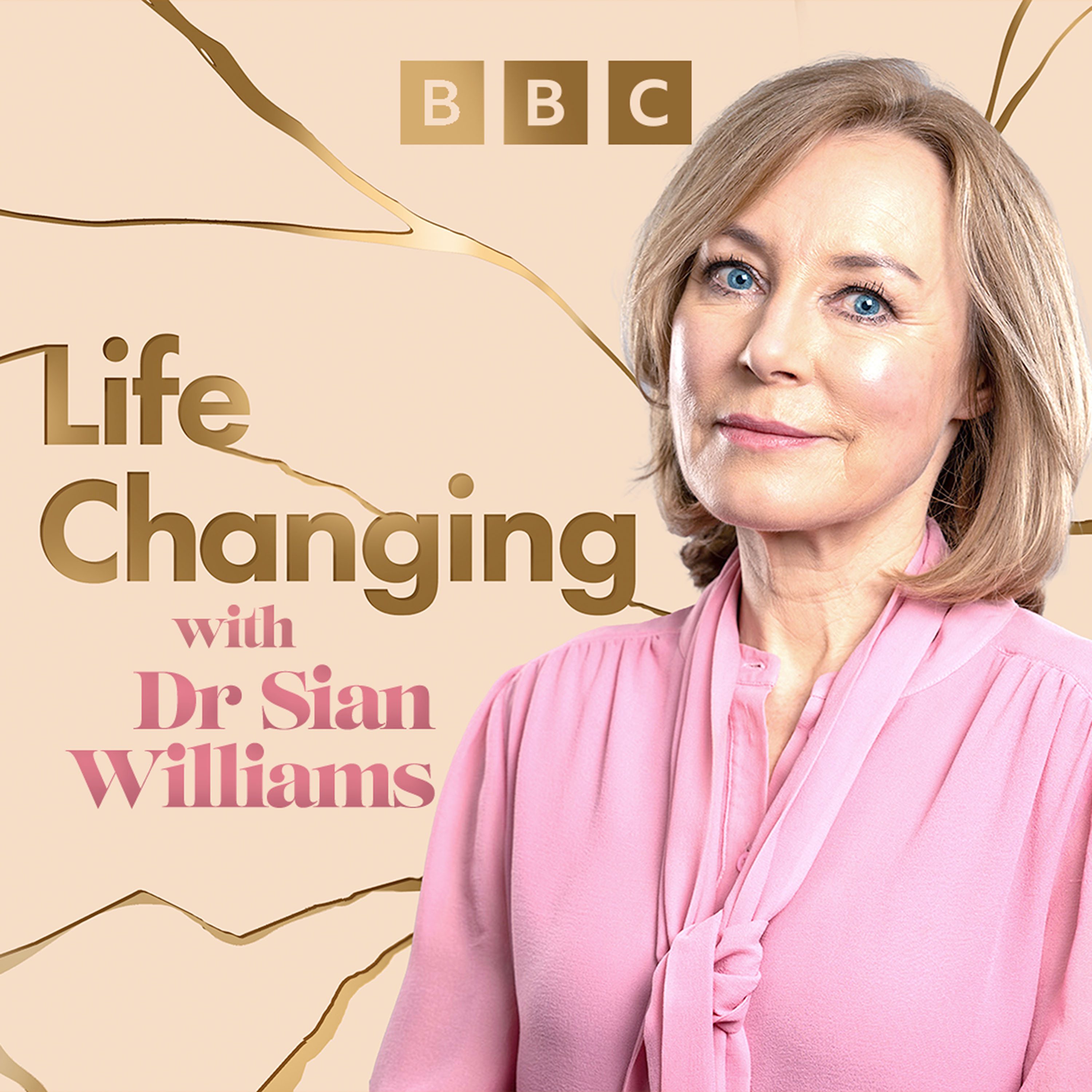
Life Changing
BBC Radio 4
Tech Life
BBC World Service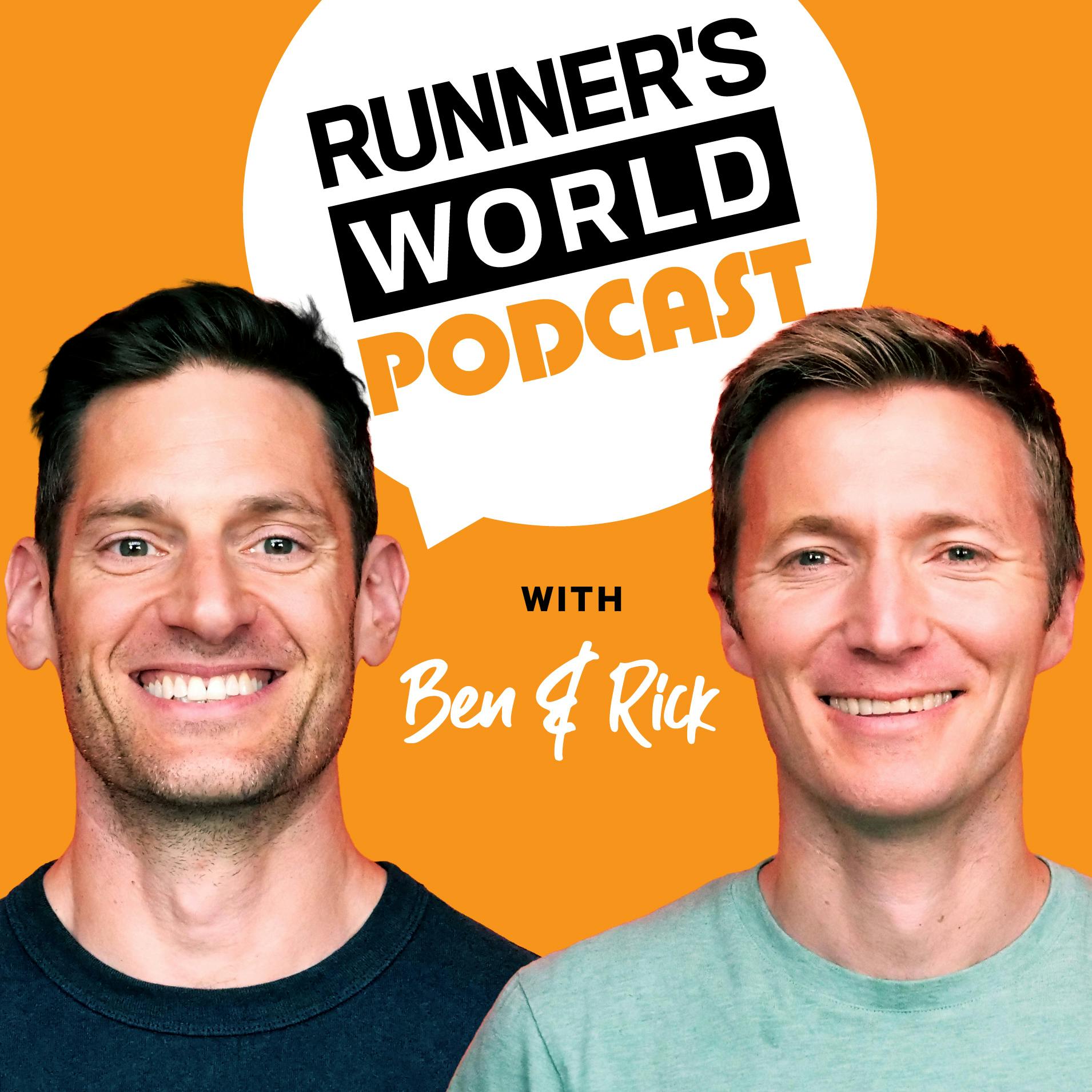
Runner's World Podcast
Runner's World UK
Buzzcast
Buzzsprout
Newscast
BBC News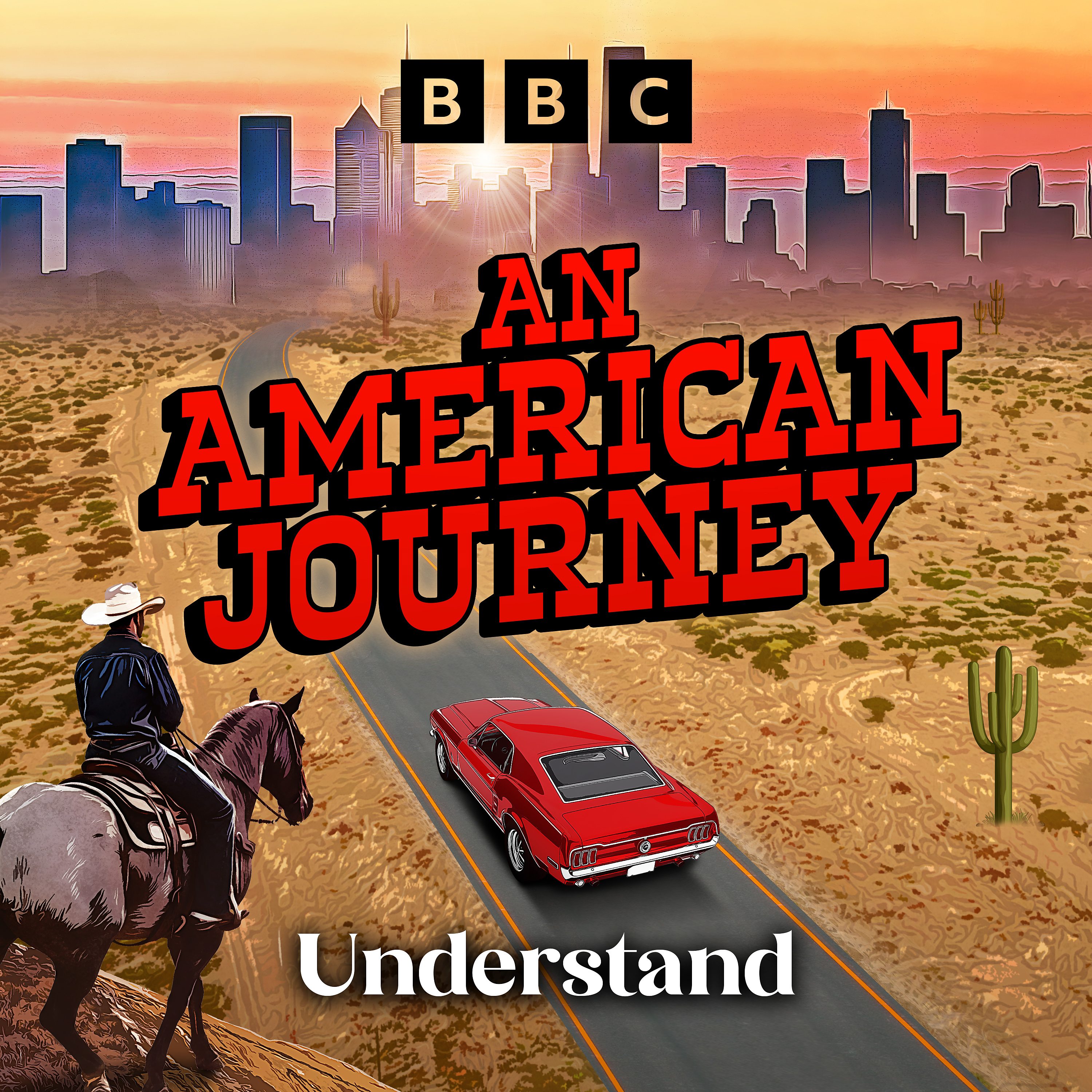
Understand
BBC Radio 4
Cyber Hack
BBC World Service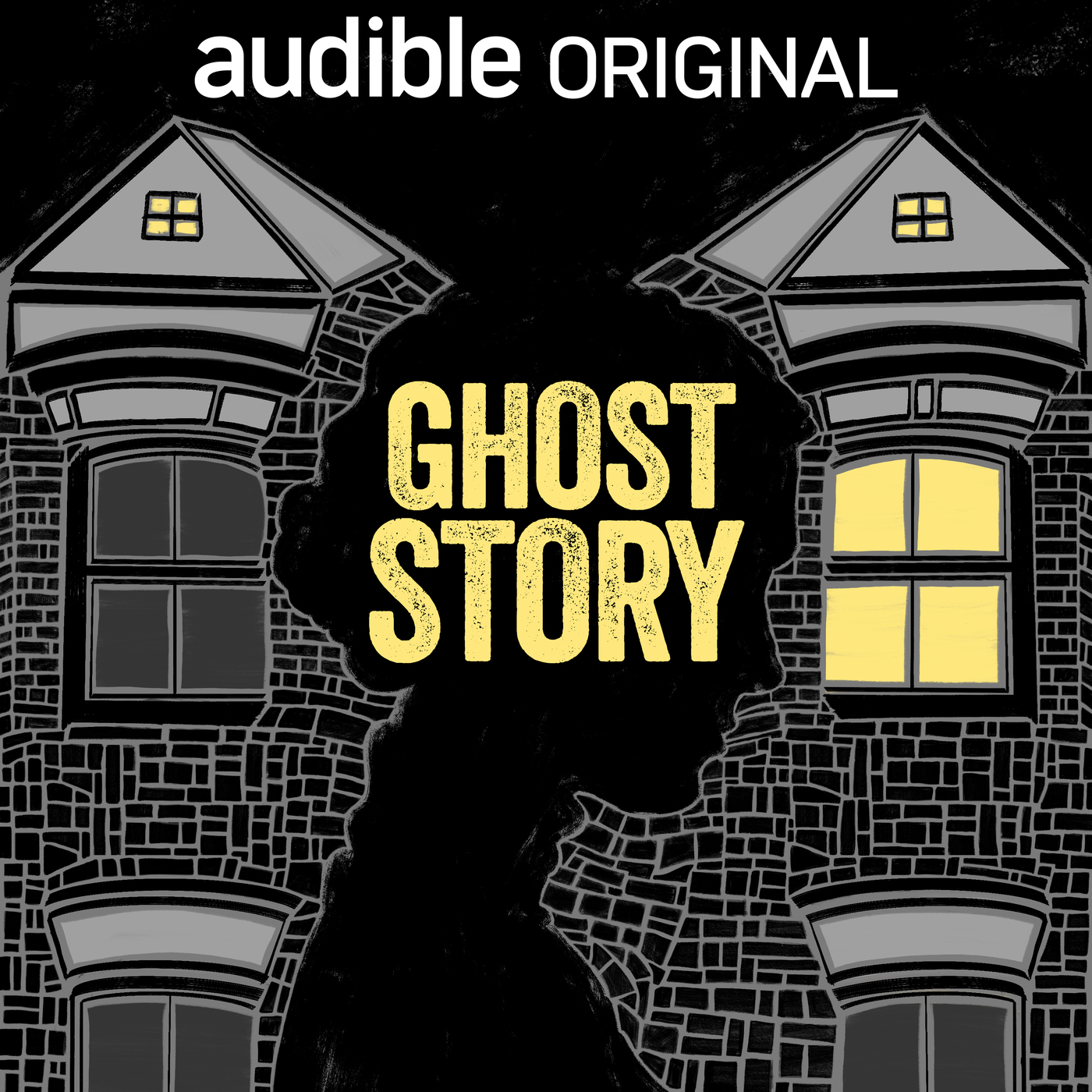
Ghost Story
Audible| Pineapple Street StudiosDiz Runs Radio: Running, Life, & Everything In Between
Join Denny Krahe, AKA Diz, as he talks with a variety of runners about running, life, and everything in between.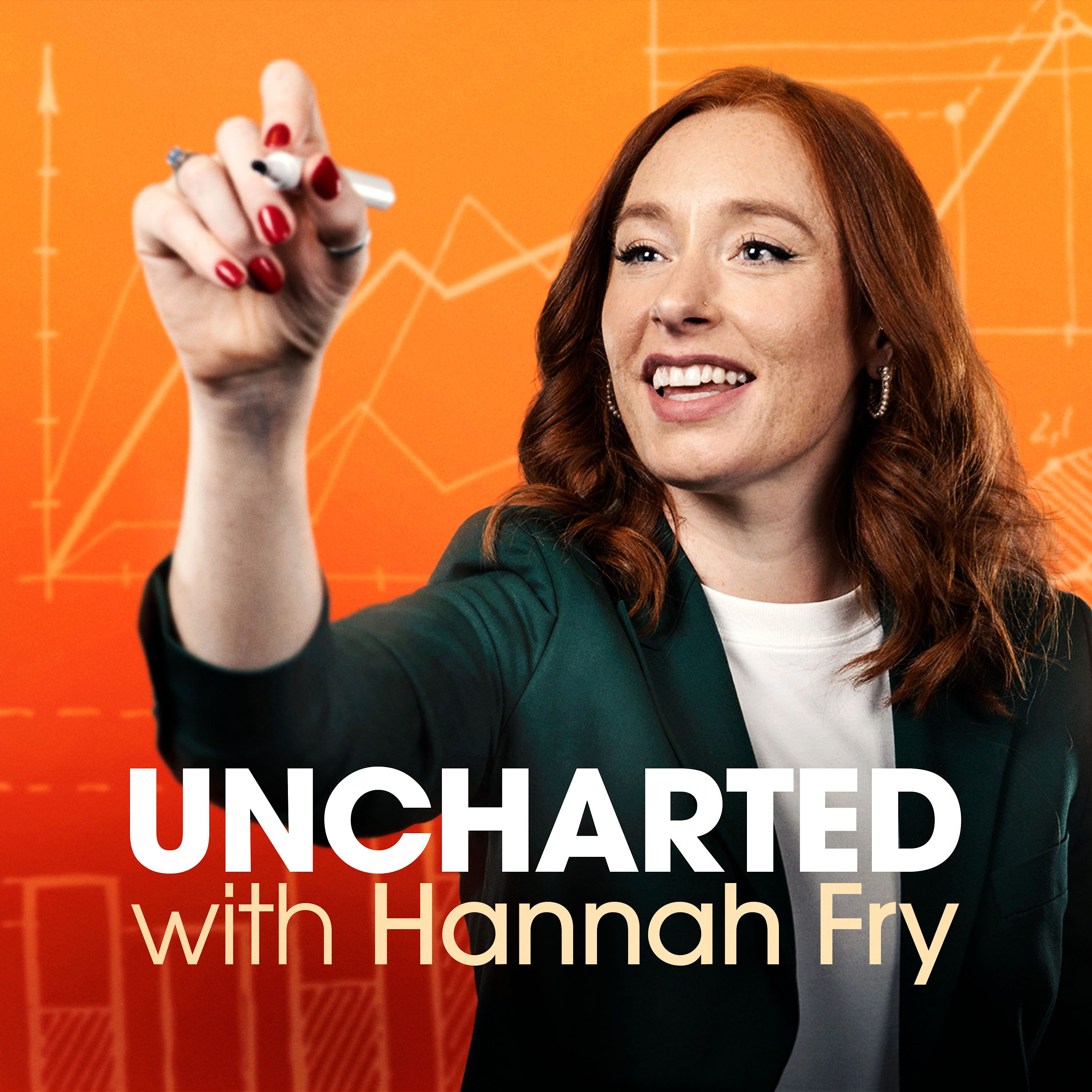
Uncharted with Hannah Fry
BBC Radio 4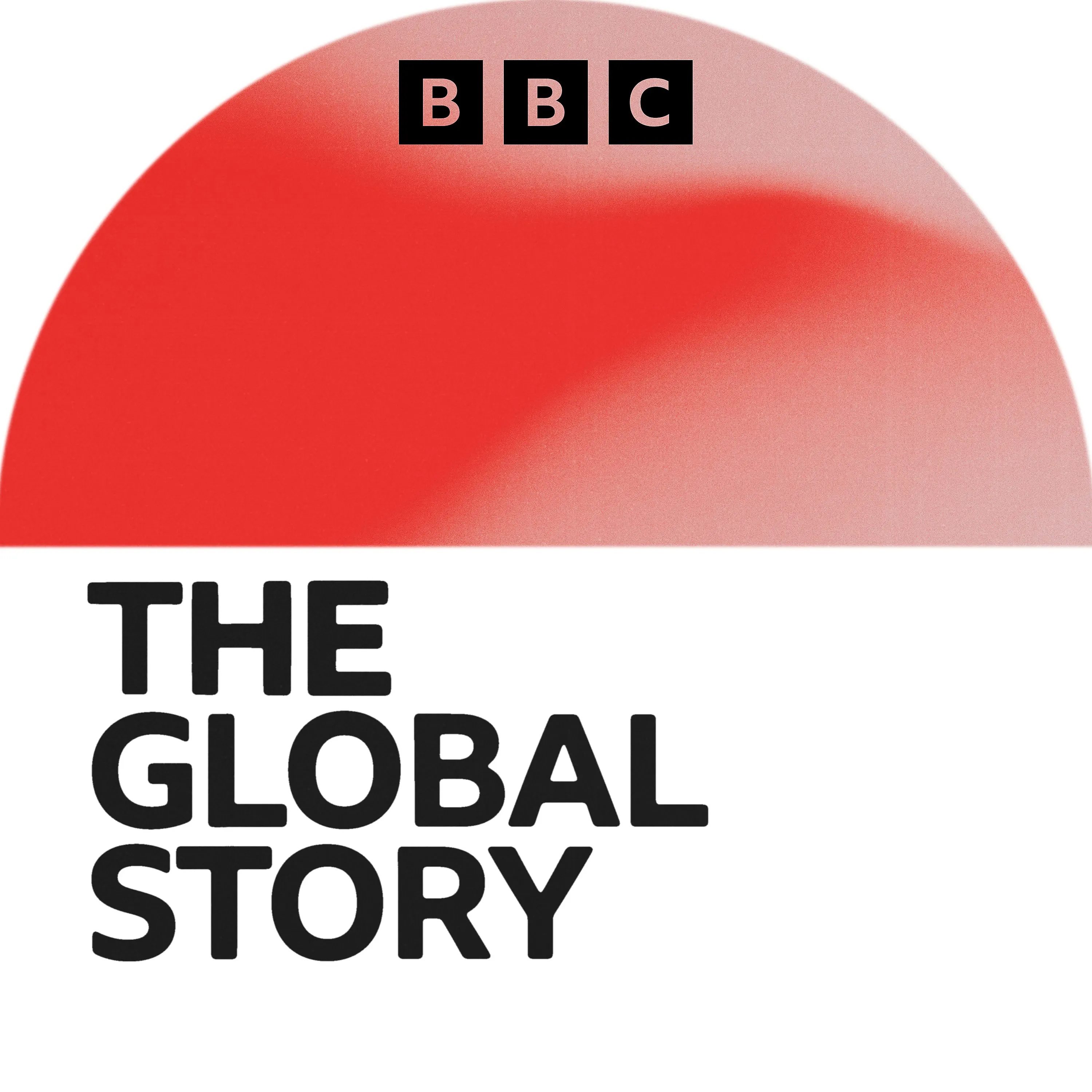
The Global Story
BBC World Service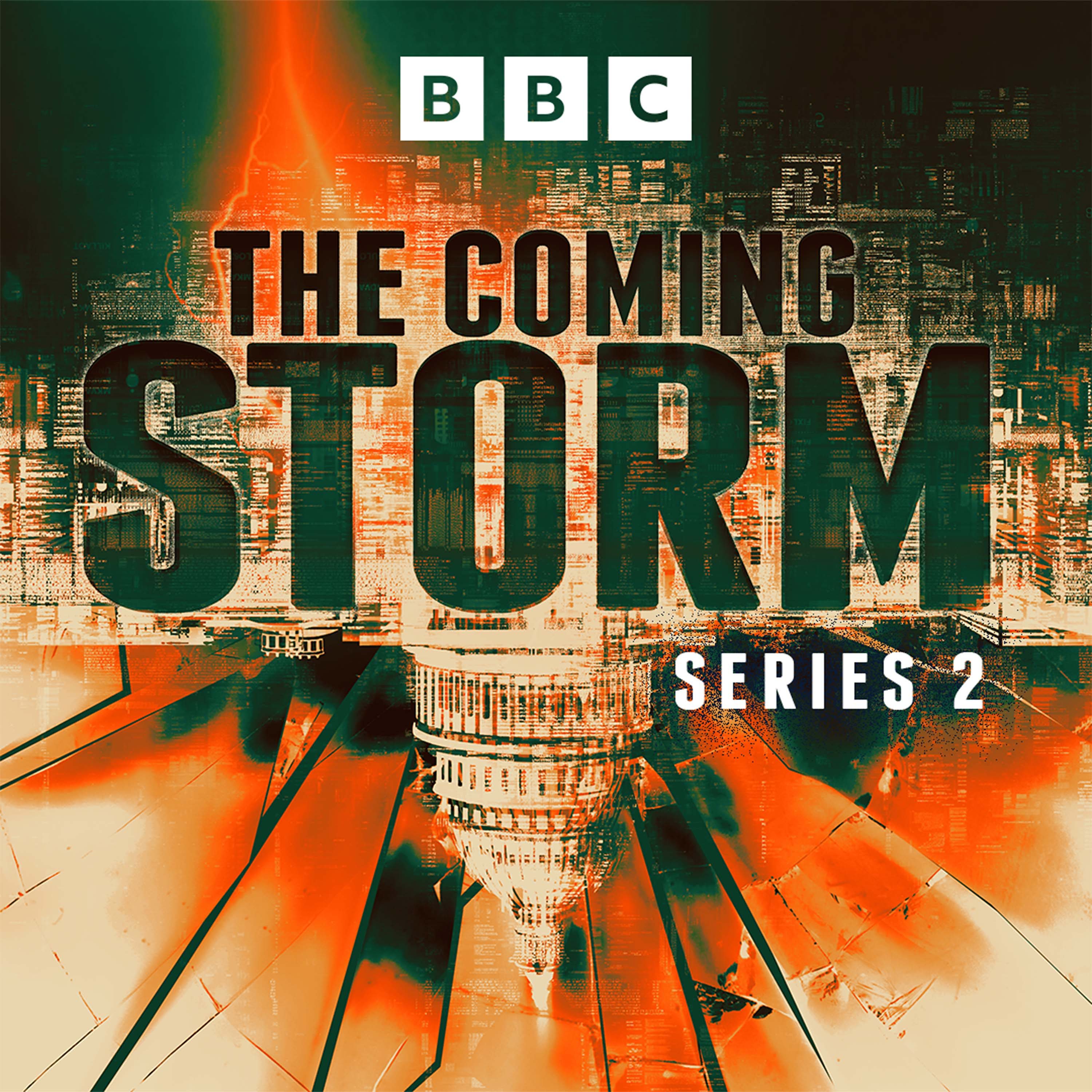
The Coming Storm
BBC Radio 4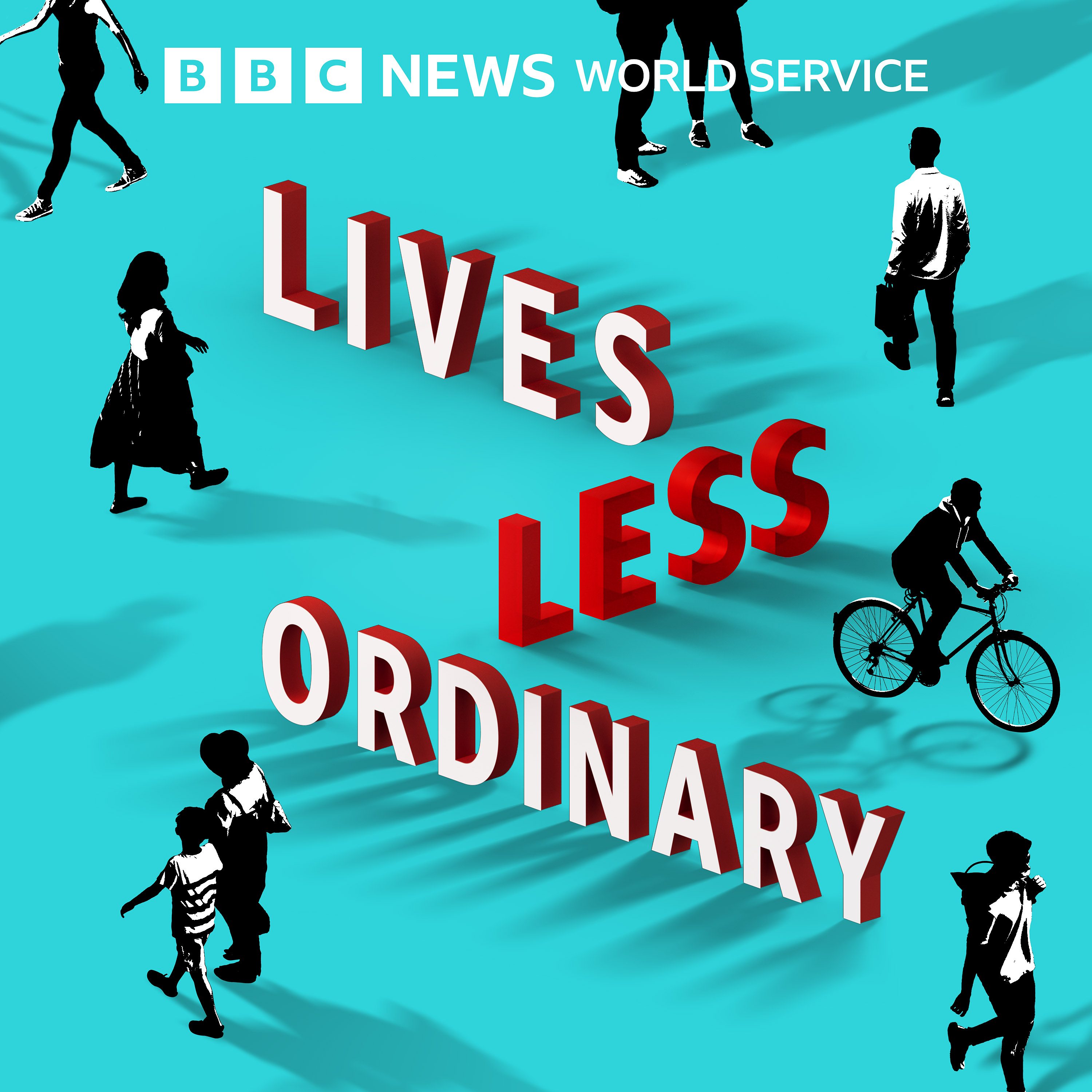
Lives Less Ordinary
BBC World Service
Do Epic Shit Today Podcast
Hannah Mulhern
The Rest Is History
Goalhanger
